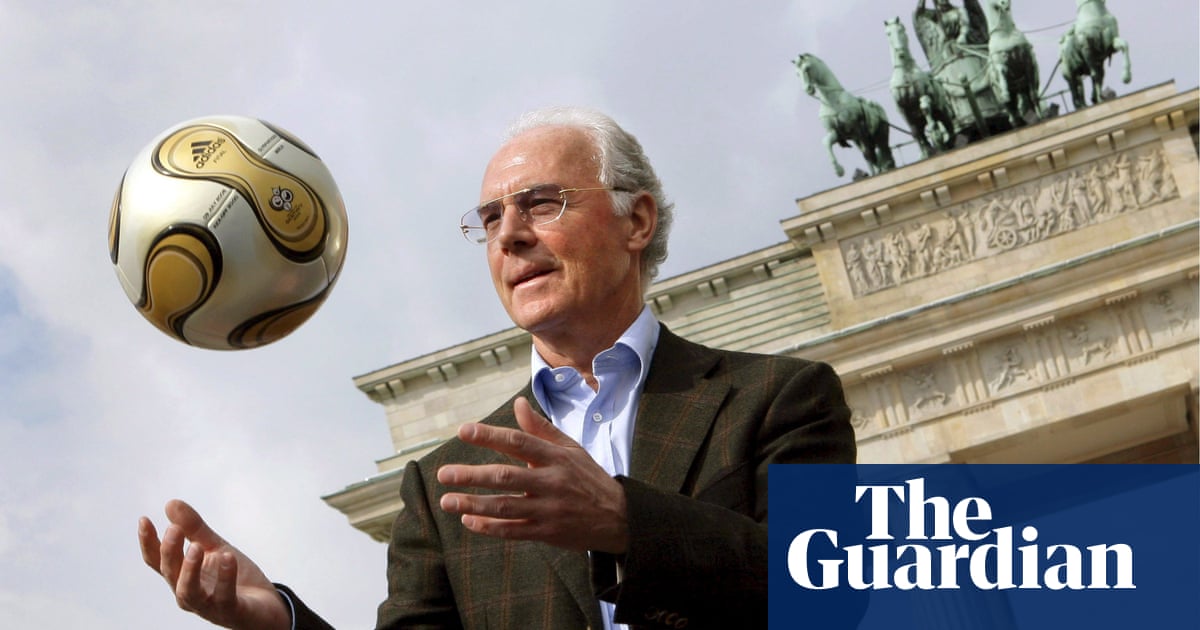
Books can lurk for decades on a library shelf, hugging their incendiary potential close until the right readers happen along. For God of Vengeance, a neglected classic of Yiddish theatre, one of those readers was American playwright Paula Vogel. “A professor looked at me in the first week at Cornell University – I was dressing a certain way, I think – and said, I think there’s a play with your name on it. I ran to the library, and it stunned me.”
In large part, this was the shock of recognition. God of Vengeance (Got Fun Nekome) was a sensation from its Berlin premiere in 1907, sweeping Europe and crossing the Atlantic. Its audacious young author, Sholem Asch, set his tragedy in a brothel, where the owner’s daughter begins a same-sex relationship with a prostitute – their rain-drenched love scene was compared to Romeo and Juliet’s balcony. “I talked out loud in the library stacks,” Vogel remembers. “‘A young married man wrote this?!’ A young married man had shown me the beauty of my love for other women.”
Some years later, the play ambushed another sparky student, this time at Yale. “I was looking for a play to direct,” says Rebecca Taichman. “Alisa Solomon’s book Re-Dressing the Canon mentioned God of Vengeance and I was floored by it. And then became thoroughly obsessed by the play and the story of what happened to it.”
That rocky journey ultimately inspired Indecent, Vogel’s play about the play, which opened on Broadway in 2017 and now reaches London. Asch’s scenes of queer desire and blasphemy provoked a 1923 obscenity trial in New York, urged by a rabbi who felt it brought Jewish culture into disrepute. Asch himself, preoccupied by European antisemitism, distanced himself from his tragedy.
Taichman marvelled “that this young man had written an extraordinary love scene between two women and a compassionate portrait of a house of prostitution”. She describes Asch’s core concern as “the embers of love trying to survive in a very dangerous world. It’s about the danger of piety and the loss of value around true love.” She burrowed into Yale’s archive material from the controversial New York premiere (which staged Broadway’s first lesbian kiss). “It felt like a memory that I had to try my best to caretake and share,” she reflects, “and that I was not capable of doing alone. It was like finding another Trekkie when I realised that Paula was as obsessed by the play as I.”
Vogel, although aware of Taichman’s project, didn’t expect an invitation to collaborate. “As I was on the phone, a series of images opened up,” she says, almost wonderingly. “I saw actors in dusty, ragged clothing, with suitcases in an attic. I thought: that’s [the ghetto of] Lodz. I said to Rebecca, I don’t think it’s about the obscenity trial, are you OK with that? And she immediately said yes. It was as if the troupe reached out on that phone call. When you see images like that you think, I’m never going to be able to get that out of my mind.” That startling image, of actors rising from the dust, now opens her play.
David Mazower, a Yiddish theatre historian and Asch’s great-grandson, describes God of Vengeance’s history as “admired, translated, parodied, panned, banned, prosecuted, withdrawn, forgotten, revived, celebrated”. Vogel’s play is part of the celebration, tracking Asch’s text across a turbulent half-century. Leaping forward in what she calls “blinks in time”, actors in different circumstances discover themselves in God of Vengeance, from richly innovative beginnings through New York hullabaloo and a hushed act of reclamation in the Polish ghetto.
Vogel, soon to turn 70, is best known for the Pulitzer-winning How I Learned to Drive (1997) – a new production hits Broadway next year. With a Jewish father and Catholic mother, she doubted her right to tell this story. “I kept asking Rebecca, am I Jewish enough? But Rebecca and her family invited me into their home – their books were my reading list.” She hopes she absorbed the material so thoroughly that “we can all feel like native Yiddish speakers at the end of the play”.
Indecent also nods to the creative ferment of Yiddish theatre, which embraced classics, works with popular appeal and avant-garde ambition. “The bedrock of Indecent is the love of theatre,” insists Vogel. Both women unreservedly praise their actors, an admiration made more piquant by their own early attempts. “I was a terrible actor,” Taichman shudders. Vogel accepted it wasn’t her path after appearing in The Killing of Sister George. She learned to smoke cigars, “but no one believed I was a lesbian.”
What is an actor’s special gift? Taichman, a longstanding director for playwright Sarah Ruhl, appreciates the way they manage “the emotional requirement” of dramatic roles (“the chemicals in your body don’t know that you’re acting”), while Vogel admires “the astonishing visibility that great actors achieve. You feel you can see inside them, know what they’re thinking.”
Plays inhabit a moment in time – as the moment changes, so does the play. “When we started,” says Vogel, “we were responding to the drift to the right in America and becoming incredibly alarmed about the rise of anti-Muslim hate speech, antisemitism, anti-immigration, a kind of nationalist fervour” – a febrile atmosphere mirroring Asch’s own.
“It’s haunting, the context in which we began to dream how to tell this story,” Taichman confirms. “I’m ashamed to say I wouldn’t have believed what was just round the corner in the country, though it was obviously ready to explode. It was quite something to rehearse the play in one context, and then gather after the [2016] election in New York. It was like a different world.” Vogel nonetheless argues that the central love scenes have political force. “Right now, politically, divisions are being encouraged between us,” she states. “We’re putting up barriers. But great love removes divisions. We see ourselves and our loves in everyone. There was an inclusiveness in the way Asch wrote those women.”












